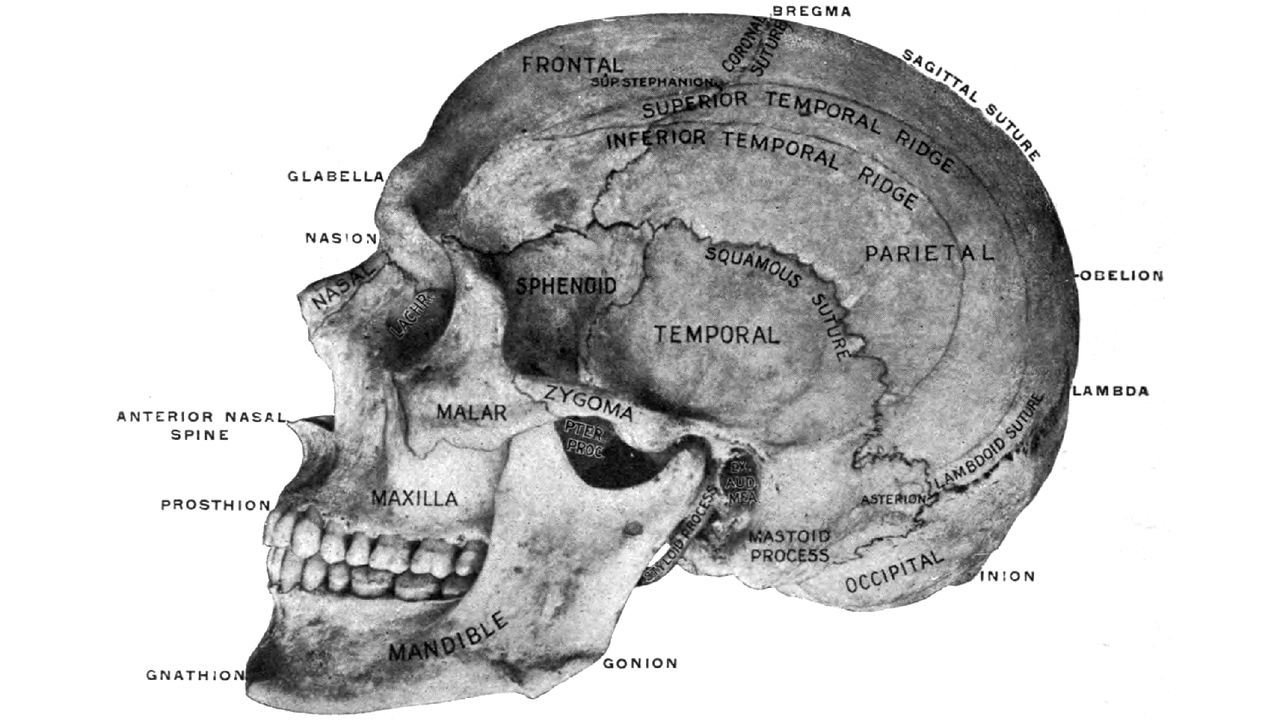Now Reading: Victorian Britain: The Controversial Obsession with Skull Studies
-
01
Victorian Britain: The Controversial Obsession with Skull Studies
Victorian Britain: The Controversial Obsession with Skull Studies

Swift Summary
- The University of Edinburgh’s “skull room” contains a collection of 1,500 human craniums, originally amassed in the 19th century for craniometry research.
- Craniometry, once widely taught in medical schools, aimed too measure skull dimensions to classify individuals into racial groups, often using biased methodologies now discredited as pseudoscience.
- The practise contributed to bolstering scientific racism by suggesting innate biological differences among populations. Skull collections became highly sought-after items for universities and were frequently enough acquired through unethical means such as grave robbing and colonial exploitation.
- Cambridge University’s archives reveal that skulls were sent from colonies like India, sometimes involving practices that disregarded local cultural sentiments or rights.
- Many institutions are now reassessing the ethics behind retaining these remains and addressing historical injustices through dialog and possible repatriation programs. The Pitt Rivers Museum and London’s Hunterian Museum have already removed certain controversial displays from public view as part of this effort.
- A spokesperson from Cambridge’s Duckworth Laboratory indicated ongoing efforts to address past inequities through community engagement and inclusive repatriation strategies.
Indian Opinion Analysis
The legacy of craniometry reflects troubling aspects of colonial-era science rooted in racial biases that marginalized entire communities globally, including india.British universities’ accumulation of skulls-frequently enough at the expense of local cultures-highlights how academia was complicit in systemic exploitation under imperial rule. For India specifically, instances like the removal of remains from cremation sites in bombay without regard for cultural significance underline broader patterns of colonial dominance over indigenous traditions.
Addressing historical wrongdoings tied to these collections opens avenues for reconciliation between former colonizers and their colonies like India. Repatriating such artifacts would not only uphold ethical standards but also restore dignity to affected communities whose ancestors were dehumanized as mere objects for study. Furthermore,progress on this front could serve as a precedent for safeguarding cultural heritage while fostering responsible academic practices globally.
























